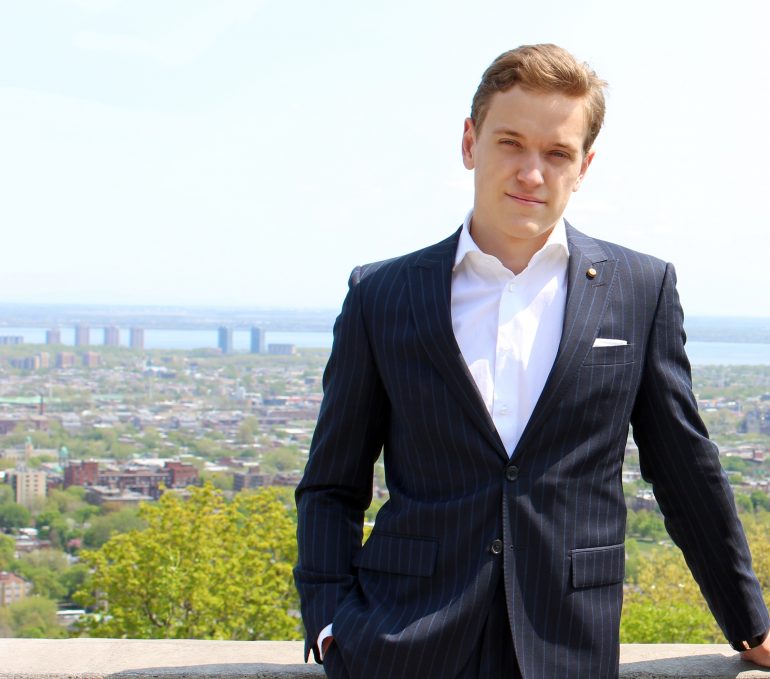Montreal-based Retinad co-founder Samuel F. Poirier is the first French Canadian to be named a Thiel Fellow.
Retinad is an analytics platform for virtual reality that helps VR companies understand how users are interacting with their platform; currently, Poirier and his co-founders are working on deciphering emotional responses by analyzing head movements. Through this, the company can tell if a user is happy, sad, or angry.
“It’s useful across all applications, so if you’re a game developer, and you understand what someone thinks and how they think, you can sell them anything,” said Poirier. “The optics itself are not that innovative, but sometimes it’s hard to explain to people who haven’t been exposed to VR. They don’t understand what we’re doing and that can be a challenge.”
Poirier founded his first company when he was 14, where he would import minerals from several countries to Montreal. At 18, Poirier founded the first debit card for Bitcoin. “I failed quite a few times in the past, and if not for these failures I wouldn’t be able to do this,” said Poirier.
While Poirier is excited to be among “an incredible group of people”, he acknowledges the challenges that lie ahead — especially in an emerging industry like virtual reality. “The market is growing so fast, around 15-20 percent a month. Sometimes you’re just pushing, and even if you’re pushing super hard, the market won’t grow based on how much you’re pushing,” said Poirier. “There’s a fixed capacity of headset production and you can’t push more than that. sometimes it’s sad that even if you push, you wont move that much.”
Still, he acknowledges that the Thiel Fellowship, which asks appointed fellows under 22 to drop out of school for a $100,000 grant, will be worth the experience as a budding entrepreneur. The Retinad team will be working on increasing market adoption and executing on its product roadmap.
“It’s not dropping out for the sake of dropping out. In a lot of cases, it’s a necessary thing to do if you’re ambitious and very young; you don’t have a choice, and you’ll be limited otherwise,” said Poirier. “The first three years are so formative in business that it’s unavoidable.”


